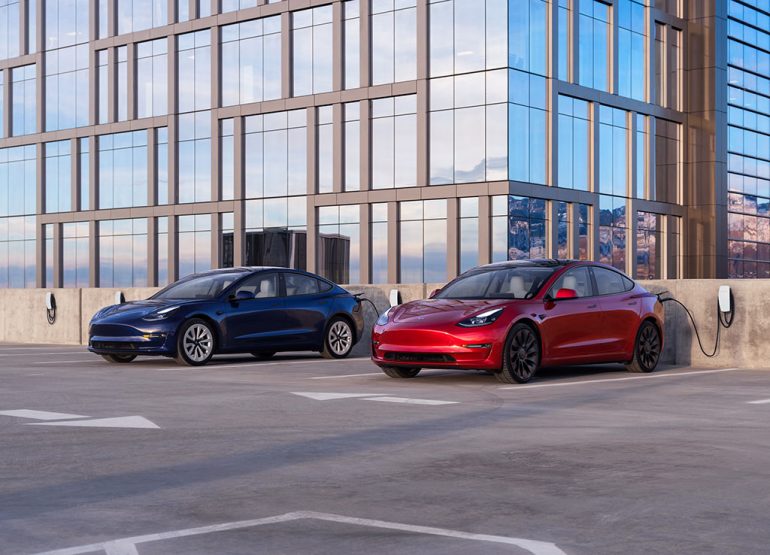
In California, three Tesla owners have filed a proposed class-action lawsuit against the automaker, alleging that Tesla falsely advertised the estimated driving ranges of its electric vehicles. The lawsuit was brought to the U.S. District Court for the Northern District of California and is based on a Reuters article published last week, which revealed the existence of a “Diversion Team” in Nevada that Tesla had set up to cancel as many range-related appointments as possible following numerous complaints from owners.
According to the same Reuters article, about a decade ago, Tesla reportedly developed algorithms for its in-dash range meter to display overly optimistic projections for the distance the electric cars could travel on a full battery. The source disclosed that this directive came from Tesla CEO Elon Musk himself. However, it remains uncertain whether Tesla continues to employ such algorithms to boost range estimates.
Also, don’t forget that you can get discounted new car pricing with a free quote through qualified local dealer partners.
The lawsuit accuses Tesla of breaching vehicle warranties, as well as engaging in fraud and unfair competition. The plaintiffs argue that Tesla has a responsibility to deliver products that perform as advertised. The law firm representing the Tesla owners in the lawsuit is Milberg Coleman Bryson Phillips Grossman, and their attorney, Adam A. Edwards, emphasized the duty Tesla has to accurately represent the performance of their vehicles.
The three plaintiffs in the lawsuit point to instances where their Teslas failed to achieve the advertised ranges, despite having raised complaints with the company that went unanswered. For instance, James Porter, a Model Y owner based in Petaluma, California, claimed that during one trip, he lost around 182 miles of range despite only driving 92 miles.
The lawsuit aims to be granted class-action status to represent all individuals in California who purchased new Tesla Model 3, Model S, Model Y, and Model X vehicles. It seeks unspecified damages for the affected consumers.
This legal action adds to the list of challenges Tesla is currently facing, as the company is also dealing with other lawsuits and regulatory scrutiny over its Autopilot and “Full Self-Driving” technology, as well as its safety claims related to these systems. In April, another proposed consumer class-action lawsuit was filed against Tesla, alleging that the company violated customer privacy by sharing sensitive images and videos captured by the cars’ cameras on an internal messaging system. Tesla has denied the allegations made in that case.
Source: Reuters